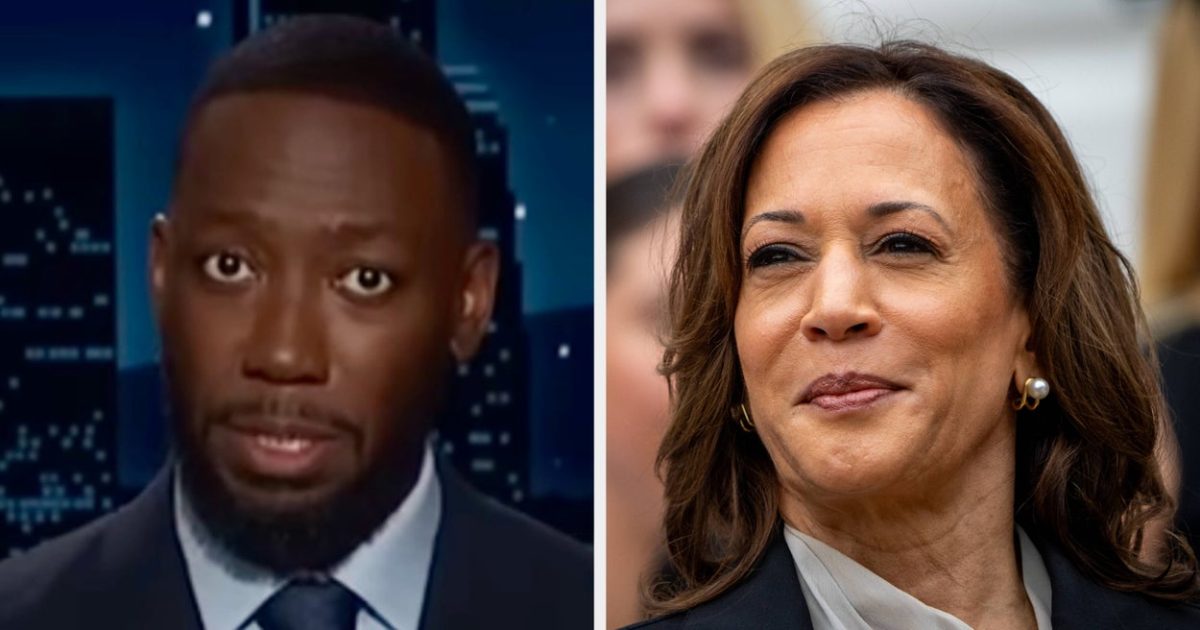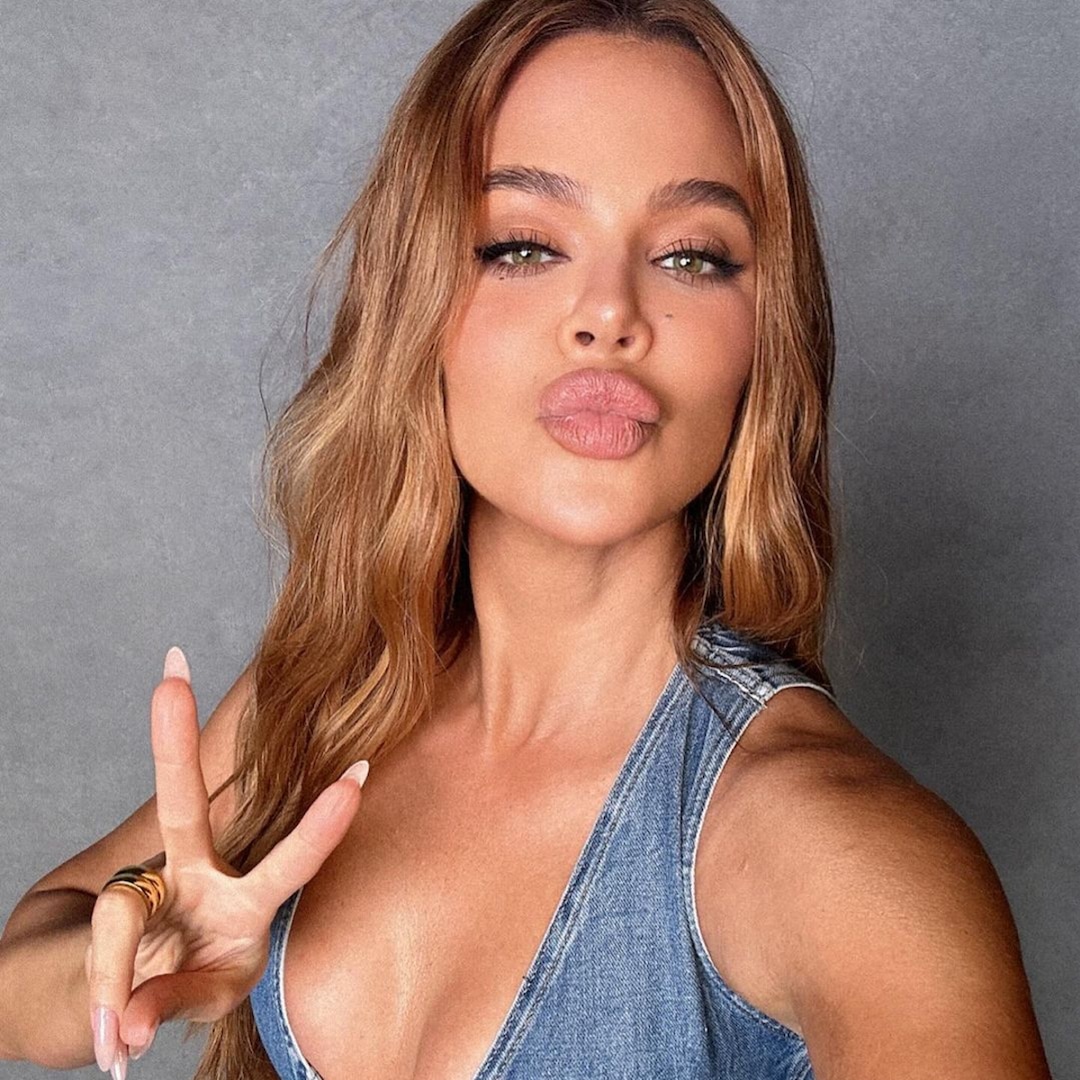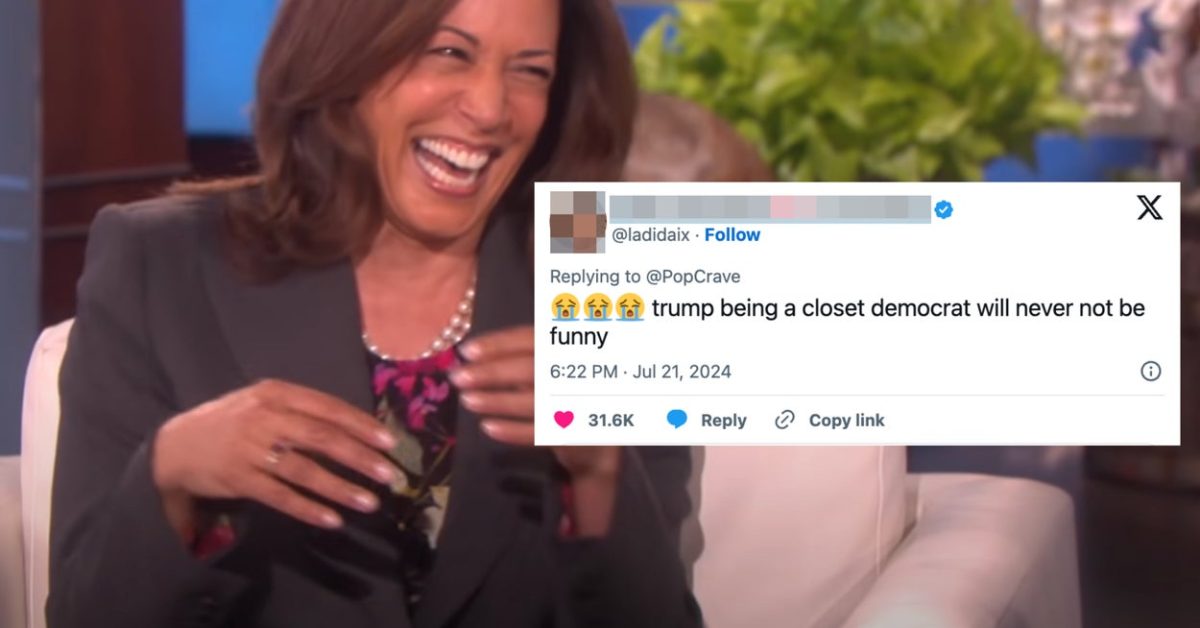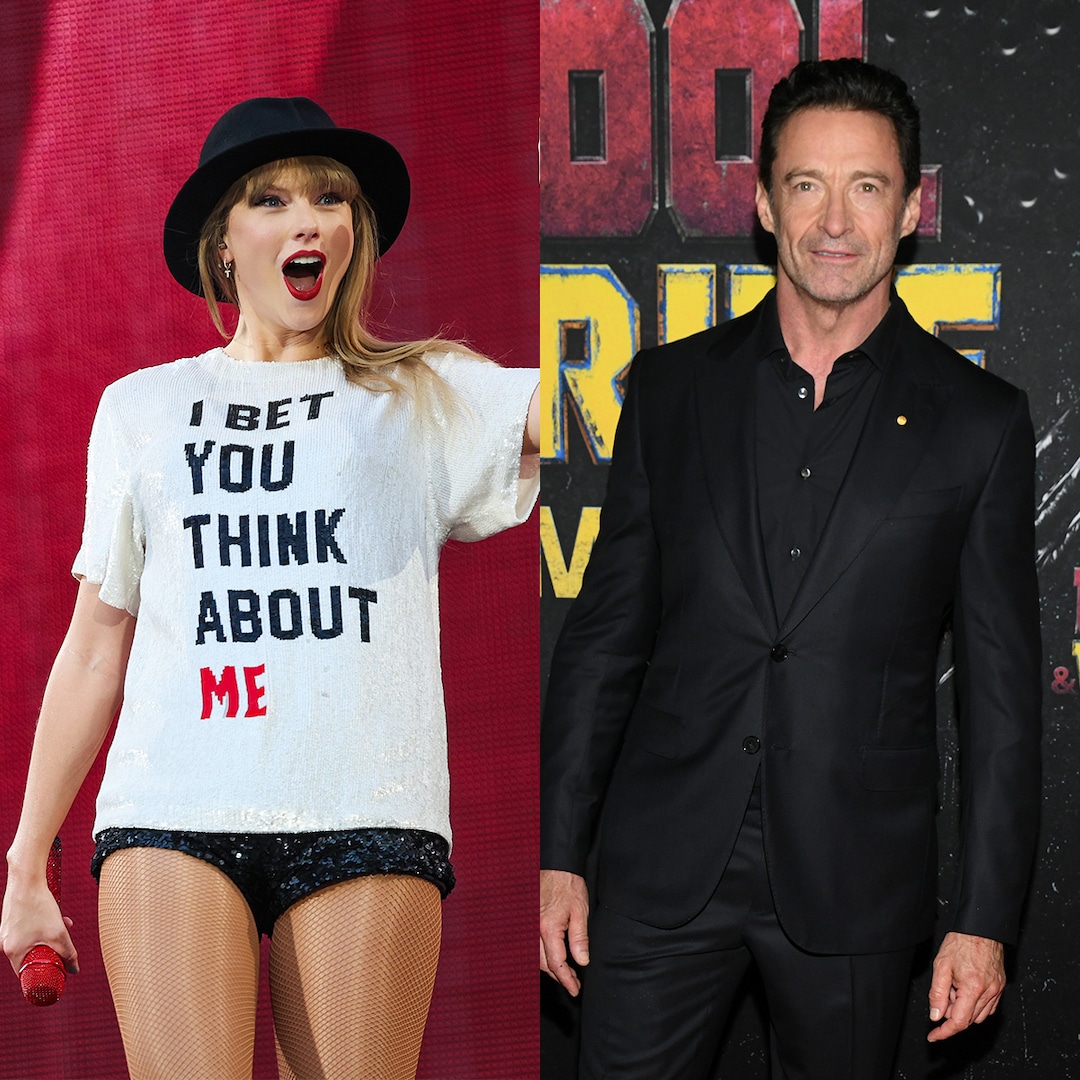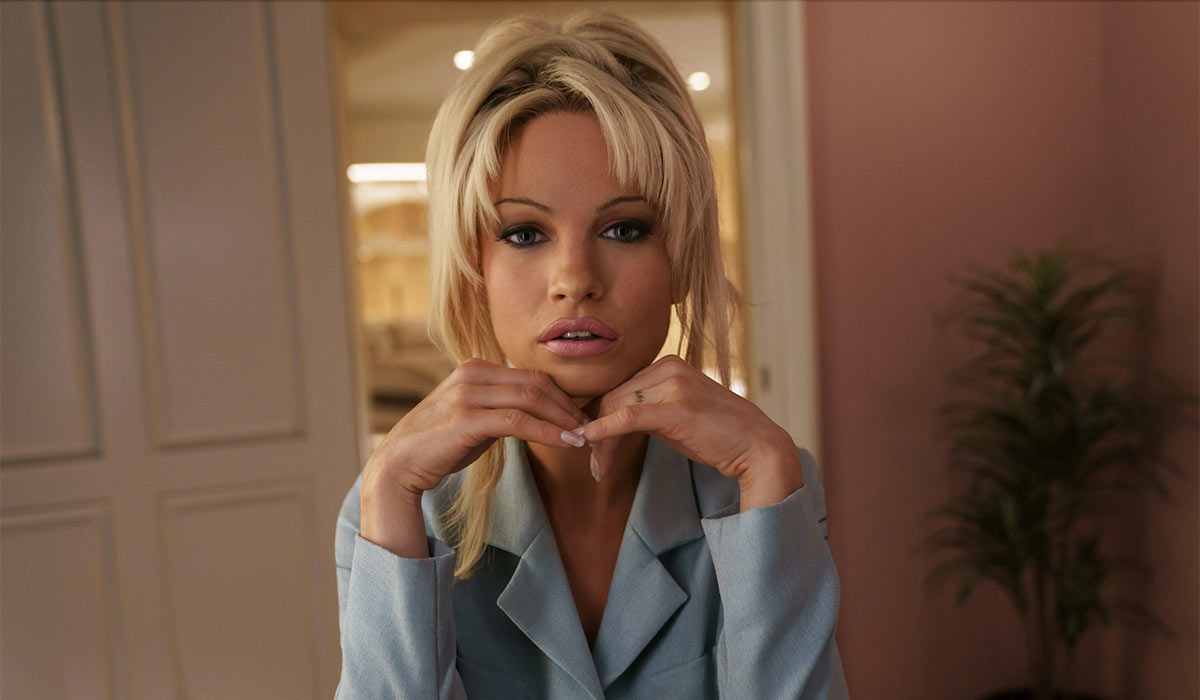
Lily James Says Pam And Tommy Was ‘Hardest Thing She’s Ever Done’
Dec 16, 2022
Lily James has had a career. She’s faced the pressure of bringing “Cinderella” to life in a massive Disney spectacle. She’s battled zombies as none other than literary figure Elizabeth Bennett. She’s starred alongside Gary Oldman‘s imposing Winston Churchill. And she’s even played a young, singing Meryl Streep. That being said, she admits that none of those roles prepared her for portraying pop culture icon Pamela Anderson in the Emmy-nominated limited series, “Pam & Tommy.”
READ MORE: Sebastian Stan transformed himself like never before for “Pam & Tommy” [Interview]
The Hulu program chronicled the true story of how a stolen sex tape featuring Anderson and her husband Tommy Lee (Sebastian Stan), not only broke down the walls of amateur porn in the early days of the internet but publicly derailed the “Baywatch” stars’ promising career. In a sign of massive industry respect, James, Stan, and co-star Seth Rogen all earned Emmy nominations for their performances. Not only did James have to go through a physical transformation to portray Anderson, but she faced numerous other challenges with the role.
“I mean, [recreating] ‘Baywatch’ was an absolute headache,” James says. “I was like, ‘Oh my God, how am I going to wear that bathing suit? It’s criminal.’ Every day there was a new challenge to try and really exist inside the body language and the mannerisms and the voice of someone that’s so known and loved and so iconic. And then also to feel the spontaneity and the freedom and the bravery to respond in the moment and be a good scene partner for Sebastian and stay open and not shut off doors because you’re trying too hard to hold on to mimicking or impersonating someone. To make sure it felt fresh and alive as much as possible was a huge challenge.”
James adds, “And of course, anything behind closed doors, because we don’t know, it’s not a documentary, we have no idea, it’s only our interpretation and the writers’ interpretation of how they behave with one another, and so that all took real care and sculpting and considered choices to try and let those moments live and do justice to them without knowing what happened.”
During the course of our conversation this past weekend, James discussed how important it was to read all the scripts before taking the role, how little things have changed for women in Hollywood almost 30 years later, and her new movie debuting at the Toronto International Film Festival next month.
_____
The Playlist: The obvious first question: What was your reaction to landing your first Emmy nomination?
Lily James: Just completely overwhelmed. Yeah, it was such an incredible moment. And I found out by reading a text from Sebastian. I’d been away from my phone, and then I went back and I had hundreds of calls and texts. And then I just had a text from Sebastian. And so then it was like just this feeling of, I felt so proud. And then when I realized the show and all the team, hair and makeup, Sebastian and Seth, it that was just to share in that, because I know how hard everyone worked and how much of ourselves and lives and everything you put into it. So it was, yeah, just very exciting.
You mentioned how tough it was to make. It’s a period piece in the ’90s. It’s trying to tackle a number of different things at one time in the context of the story it’s telling. What made you want to take the part?
I mean, the ’90s, who doesn’t want to live in the ’90s, even for a brief moment, or at least go back to the ’90s? I saw the first two scripts first, and I was immediately intrigued by the idea of playing Pamela Anderson and what a huge challenge that would be and how much I’d have to transform and work to even attempt it. And it felt like I was ready for something that was a game changer and just going to give me the opportunity to really try and make a leap into something bolder and braver and far removed for myself. And then when I read the scripts, everything the show explores, as you said, it’s a bit of a Trojan horse on one level, it’s this exploration of this life and the sort of celebrity culture and rock and roll, and then it becomes something so much deeper. And that deeper part of it, of examining what happens particularly to women when violations like this happen and the cost and the humanity in it, and all of that felt really pressing. And my intentions were that I just really wanted to explore that and go in deep and really give myself and explore that honestly. So, that was the main draw in the end.
Were you able to read more than just the pilot script? How many scripts were available to you to consider?
Initially, there was only three, actually. So there was enough to see. Because in the third episode, you really have this shift when [Pamela is] talking to her publicist at the end, and you go, “Oh, there’s so much more to this person that the show is going to explore and it’s not going to be surface level.” But then before I fully said, “Yes,” I saw all eight. And D.V. [DeVincentis] and Rob [Siegel] did such a good job and all the other writers involved, but those guys spearheading it and show running it and creating it, I really was very bowled over by the scripts. I thought that they’d really achieved a kind of honest look at this sort of untold true story of what happened to these people.
Episode six, “Pamela in Wonderland,” is just a powerhouse of a moment for you. What did you think when you read that episode, and did you feel you needed to pay more attention to the actual video recording of Pam’s actual deposition, or did you just want to try to project what you thought she was feeling at that time?
We shot that really near the end. And I made a movie of Pamela’s interviews and all her work she’s done as an actor. So, I’d read everything I could get my hands on, and her poetry and her pictures and everything. And I felt like, as the show went on, the connection that I felt about her and the sort of deeper core humanity and what it is to be a woman felt really aligned in me. And I felt like I was wanting to just be deeply, deeply sympathetic and deeply respectful, but also that episode was just really hard to shoot because it’s so painful. And, when you’re acting, sometimes it’s just like you’re in a room with loads of men saying really shaming, awful things, and it’s hot and there’s a camera in your face and it starts feeling really real. But I also loved getting to go back and explore how she came to be an actor and how she got her break and looking at her relationship with her mother and really glorying those days. That felt really important too. To give some context about where she came from and her journey from this Vancouver Island to becoming this huge icon.
Overall, was there any particular scene or sequence that you were most concerned about in the context of “O.K. this is it. If I don’t pull this off, it’s not going to work”?
Oh, well, everything. I mean, [recreating] “Baywatch” was an absolute headache. I was like, “Oh my God, how am I going to wear that bathing suit? It’s criminal.” Every day there was a new challenge to try and really exist inside the body language and the mannerisms and the voice of someone that’s so known and loved and so iconic. And then also to feel the spontaneity and the freedom and the bravery to respond in the moment and be a good scene partner for Sebastian and stay open and not shut off doors because you’re trying too hard to hold on to mimicking or impersonating someone. To make sure it felt fresh and alive as much as possible was a huge challenge. And of course, anything behind closed doors, because we don’t know, it’s not a documentary, we have no idea, it’s only our interpretation and the writers’ interpretation of how they behave with one another, and so that all took real care and sculpting and considered choices to try and let those moments live and do justice to them without knowing what happened.
This is clearly a cliche question to ask, but was this the hardest thing you’ve ever done in your career?
It was then the hardest thing I’ve ever done. I felt such pressure, such fear. I felt vulnerable in the choice to do this and to put myself out there and to explore a real person’s life. I never took that decision lightly. Usually, if you’re just playing a character, you can just throw yourself in and you can make the choices you make and who cares? But with this, I felt such a responsibility, and the subject matter felt personal too. The whole thing was just wild. I’m still coming down from it, honestly. It was very intense.
Is this Emmy nomination the capper validating everything you went through filming the role or did you feel a sense of relief when the reviews came out? Did that matter to you?
God, I wish I would say it didn’t matter, but it does matter because you always just go into projects with something you want to explore, something that’s meaningful, and with the intention to achieve what you set out to do or what you wanted to grow the conversation about or how you wanted to make people feel. And so I felt like on the whole, looking at this story through a modern lens, revealing the truth of that it was a crime and how the double standards of how men and women are treated in the media and just in general, and I felt like when people were receiving that and commenting on that, that felt like a really great, important moment. And then the Emmy nomination’s just kind of mind-blowing. I’m just so excited to be an “Emmy nominee” for the rest of my life.
I was talking to the creators of the show actually last week, Robert and D.V., about how the show was nominated in the most competitive Limited Series year ever in all categories. And it’s like there’s a little asterisk next to it, meaning it’s even more impressive than a regular Emmy nomination.
I can’t believe it. The shows this year are mind-blowing. I’ve just been watching “Station Eleven,” and I’m so shook. And I’m just like, “How did I get a nomination? These performances are out this world.” But I guess maybe that’s like the move into the television universe has been happening for years and years, but the stories that are given life are given life for a longer period of time, so actors can really embed into the storyline and take your time. I’ve just loved watching TV this year. It’s pretty much all I’ve done.
I know you’ve got two other films that you just did on your slate. Are you looking at other potential television projects, either series or limited series upcoming, or is it just whatever comes your way that peaks your interest?
More like what’s coming my way. I’m about to do a film in Rome with this Italian director, Saverio Costanzo, who’s amazing. It’s mainly Italian actors, and it’s all in Italian, except for myself. I’m playing an American 1950s movie star.
Oh.
Like a fictional one. So, I’m doing that, and then I’m going to see. I mean, I actually haven’t really had any TV scripts since, but I would love to and I would love to do theater as well. I would love to do a play.
Just to go back to “Pam & Tommy” for a moment, you talked about the fact that he series tackles the double standard of how women are treated in the industry. What was your feeling about reading it and realizing so many of the things that Pam dealt with 25 years ago are still something that women in the industry are feeling today?
Yeah, it was sort of like, “I wish it was more surprising,” that it’s like, “This is how many years old? And yet it still feels so…” And that’s what I meant about this story felt pressing to me. It felt like a very still timely story. And the ways in which we treat anyone right now, especially which has got worse as the internet has grown and grown and grown with social media, it’s just, there’s such a lack of consideration. There’s such easy cruelty that takes place that just feels so dangerous and is robbing us of our humanity and empathy. And then it’s just much worse with women just because of the patriarchy.
Yeah, it is.
And we live in a world where I think that we are held to much higher standards. Yeah, it’s just really upsetting. But Pamela Anderson, I believe how she handled it all, and she always had such a kind of strength and wit and a way of laughing at things that in the end I felt like she had the power, she held onto it, and I find that really inspiring. So it’s always amazing when you get to play these characters and you feel like you’re drawing from them and you gain as a person from getting to play these different people. And I always hold onto that.
I also wanted to ask you about your new movie, “What’s Love Got To Do With It?” directed by Shekhar Kapur. It’s his first romantic comedy. He’s never done anything like this. He’s like this amazing visual filmmaker, and I’m like, “What is this going to be like?” What made you want to do the project and will you be able to make both the film’s TIFF world premiere and the Emmy ceremony during the festival?
I am. I think I have a day in between. And I’m also shooting a film, so I’m literally flying in to Canada, then LA, and back to Rome to finish up. I really don’t mind. So yeah, that film was great. The script was written by Jemima Khan. I got it during lockdown. I hadn’t seen a living soul for however long I was on my own. And the actor attached is someone called Shazad Latif. And he’s been one of my very, very close friends for the last 10 years.
Oh, O.K.
And in the story, they’re friends initially. And it’s kind of like a romantic family comedy. And so the chance to make a film with a friend, having been deprived of human contact, was just like this siren song, and I couldn’t resist it. And it’s really lovely. Jemima wrote an amazing script, and she’s so wonderful. And yeah, I’m excited it’s finally coming out. It’s been ages since we shot it.
“Pam & Tommy” is available on Hulu
Publisher: Source link
Lamorne Morris Thinks Kamala Harris Has This Advantage Over Donald Trump
Trump said that President Joe Biden, who dropped out of the race on Sunday while recovering from COVID-19, never really had the infection. “Really? Trump thinks Biden never had COVID?” Morris said on Monday. “You don’t pretend to have COVID to get out…
Jul 26, 2024
Khloe Kardashian Is Ranked No. 7 in the World for Aging Slowly
Khloe Kardashian's body is out for more than just revenge. In fact, the 40-year-old is one of the world's slowest agers—a revelation she learned after taking a blood test to determine her body's biological age compared to her calendar age.…
Jul 26, 2024
Reactions To Trump’s Kamala Harris Donation
Just as many white Americans used their Obama vote to excuse their internalized racism, Lauren Boebert seems to have adopted this same ideology, ignoring Trump's long record of racism against African Americans, Mexicans, Hispanics, Native Americans, Muslims, Jews, and immigrants, and discrimination against women and…
Jul 25, 2024
Hugh Jackman Reveals What an NFL Game With Taylor Swift Is Really Like
Hugh Jackman is happy to fill any blank space in Taylor Swift’s NFL game suite. In fact, the Deadpool & Wolverine star recently detailed his experience attending a Kansas City Chiefs game to root on Travis Kelce, alongside Ryan Reynolds,…
Jul 25, 2024








